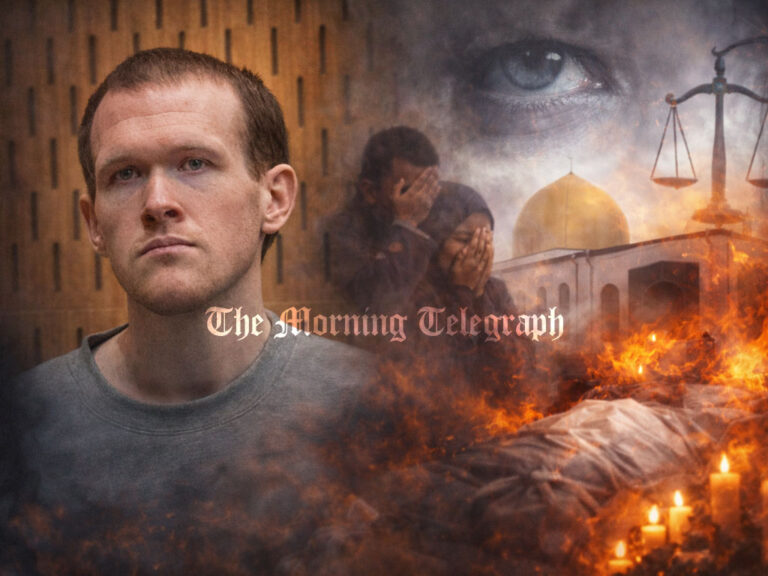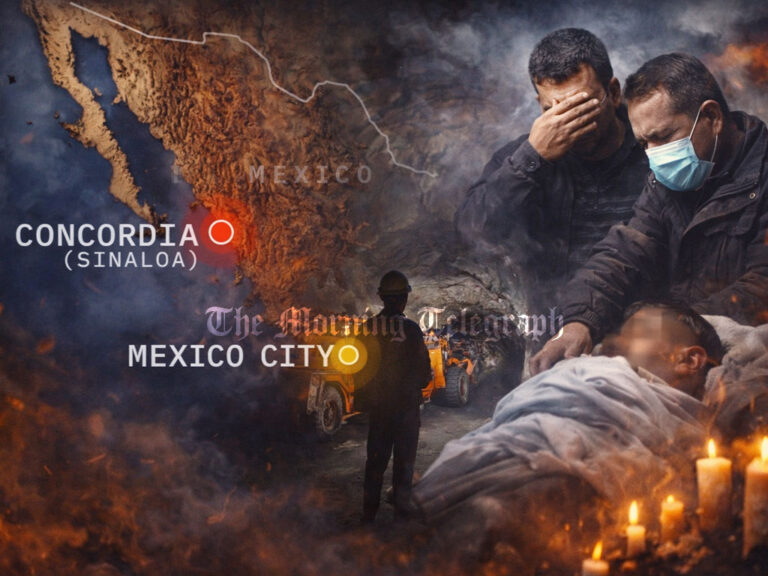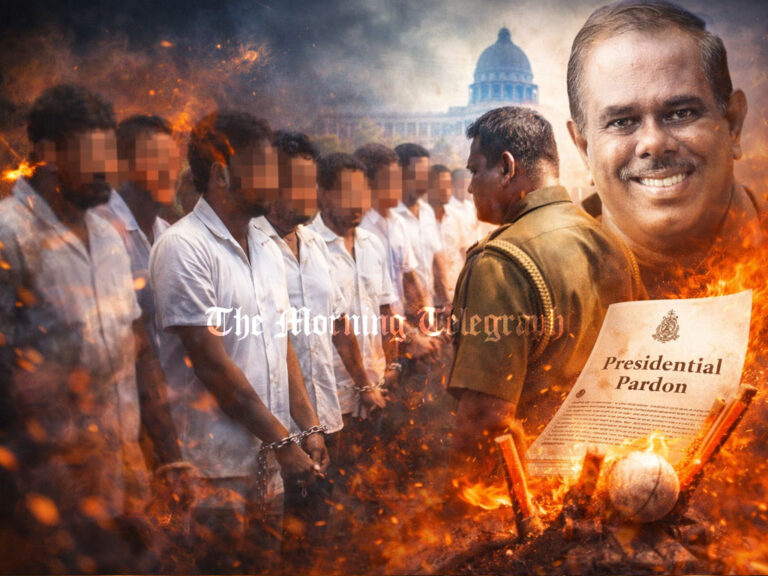
As the nation approaches April 21, a solemn date etched into collective memory, Sri Lanka stands on the edge of anticipation and accountability. It will mark six years since the devastating Easter Sunday attacks of 2019, which claimed the lives of over 300 people in coordinated suicide bombings targeting churches and hotels across the country. And this year, all eyes are once again turning to the government—waiting for answers long promised but never fully delivered.
President Anura Dissanayake, speaking at a public gathering in Deiyandara, Matara on March 30, reignited public interest and hope by pledging that key revelations would come to light. “The investigation into the Easter attacks is progressing in a systematic manner,” he said. “April 21 will come again, and on that day, we hope to expose several individuals responsible for these attacks.”
That statement has stirred cautious optimism among many, especially within the Catholic Church, which has been at the forefront of demanding justice. Father Cyril Gamini, the Church’s media spokesperson, echoed that sentiment in a media briefing shortly afterward. “We are eagerly awaiting April 21,” he said. “We have strong faith in the new government’s commitment to truth and justice.”
But not everyone shares that confidence.
Archbishop Malcolm Cardinal Ranjith, who has long been a vocal critic of the investigations, issued a stark warning earlier this year. “It does not appear that the new government will deliver justice for the Easter attacks,” he said. “And if that proves to be true, we will be forced to take to the streets once again.”
The pain of Easter 2019 has never truly faded. Beyond the physical devastation, the attacks shattered public trust—especially after years of delayed investigations, shifting blame, and political maneuvering. Victims’ families and religious leaders have repeatedly demanded answers that remain elusive.
Complicating matters further is an FBI report recently submitted to a U.S. court, which reaffirms what many believed from the beginning: that Zahran Hashim, the radical cleric and suicide bomber, was the mastermind behind the attacks. While the confirmation provides international backing to the claim, it does little to quell local frustration over how Zahran was allowed to operate unchecked and who else, if anyone, aided his mission.
Now, with April 21 just hours away, the clock is ticking—not just for justice, but for the government’s credibility. President Dissanayake’s promise has created expectation. And in a country where political leaders have often offered words instead of action, this moment feels different. It must be different.
The question that remains is simple, yet profound: Will this be the year when truth finally triumphs? Or will April 21 pass once again, as another date marked by silence, anger, and unanswered prayers?
For now, Sri Lanka waits.




